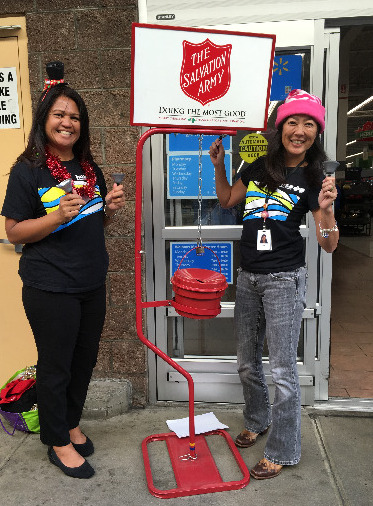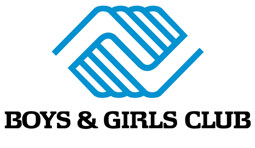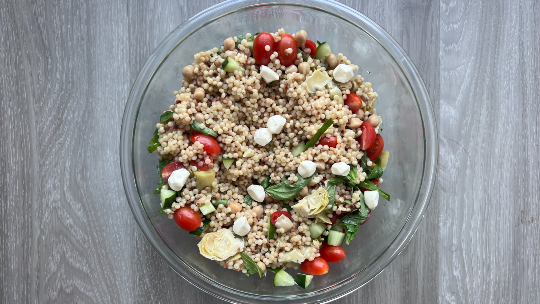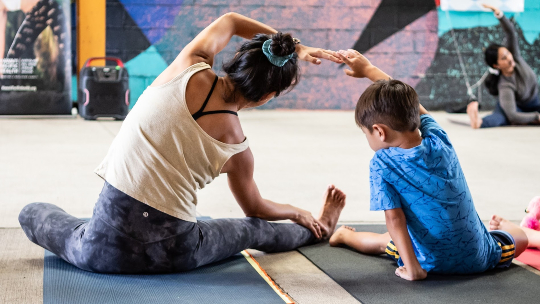Ho, ho, ho. Give, give, give.
The holiday season is a time for giving – not only to family and friends but also people you don’t know who are in need of basic food, clothes, and household items.
I give to a few charities and even volunteer for nonprofit organizations that bring meaning to my life. I contribute to Aloha United Way and donate cans to Hawaii Foodbank through programs at work. During the holidays, I've gotten clothes and household items for needy families in the Laulima Giving Program. This holiday I bought a sweatshirt for Ryan, a 12-year-old boy, and a shower curtain for a senior citizen named Julie through The Salvation Army’s Angel Tree program. I’ve never met them before, but it makes me feel good knowing that I’m making a difference in the community and putting a smile on someone’s face with items they can use year-round.

Who should I give to? Find an organization whose mission you feel passionate about or have a connection to, such as your alma mater.
How can I trust the organization I'm donating to? Do your homework and make sure it’s a reputable organization. Look at their website to see how much of your donation goes directly to programs and services versus administrative costs. Check to see if the organization is accredited with the Better Business Bureau or how many star ratings it received from Charity Navigator, the most reliable charity evaluator in the U.S.
When should I give? Donate before the end of the year to get an income tax deduction for next year’s tax returns. Check with your accountant or financial adviser to see how much you need to donate for a deduction. Get a receipt that shows you made the donation before December 31.
What if I can't afford donating to a charity? You can still make a difference by volunteering your time and talents. Become a mentor for Big Brothers Big Sisters Hawaii, help organize Special Olympics Hawaii sports events for athletes, or answer phones during Hawaii Public Radio or PBS Hawaii fund drives.
Still can’t make up your mind? Here are just a few worthy Hawaii nonprofits:
 Since: 1976
Since: 1976
Locations: Seven clubhouses, three Harry & Jeannette Weinberg Teen Centers, and two outreach sites on Oahu and Kauai.
Serves: More than 14,000 Hawaii youth a year.
Your donation: Helps provide a safe, structured and positive environment for young people ages 7 through 17.
Programs: Recycling and trash pickups, college scholarships, and ocean activities at the Outrigger Duke Kahanamoku Foundation Ocean Sports and Fitness Day in Kailua.
Since: 1982
Locations: Four foodbanks on Oahu, Hawaii Island, Maui, and Kauai
Services: Distributes more than 12.4 million pounds of food a year.
Your donation: Helps feed about 287,000 people statewide – about one in five Islanders.
Programs: Food 4 Keiki BackPack provides backpacks filled with nutritious meals to students from low-income families. Senior Farmers Market Nutrition Program provides vouchers for kupuna to get local fruits and vegetables at farmers markets. Ohana Produce Plus provides fresh produce to about 20 underserved Oahu communities.
Since: 1883
Location: Moiliili shelter brings in about 20,000 animals a year for adoption.
Your donation: Funds food, medicines, medical treatments, and other basics for animals in their care. It also supports programs to prevent animal cruelty, eliminate pet overpopulation, and enhance the bond between humans and animals.
Programs: Spay and neuter services, lost and found assistance, microchipping, enforcement of animal-related laws, 24-hour service for injured animals and other emergencies, humane education classes, and pet loss support group.
Mental Health America of Hawaii
Since: 1942
Your donation: Can help the one in five people who have a diagnosable mental health condition.
Programs: Phone assistance, mental health awareness programs, stress-reducing seminars, and suicide and bullying prevention for at-risk youth, including native Hawaiians and the LGBTQ community.
National Kidney Foundation of Hawaii
Since: 1988
Location: Offices in Honolulu and Kahului
Your donation: Helps people with kidney disease and funds education and prevention programs.
Programs: Organ donations and transplants, education, health screenings, patient and caregiver support groups, and healthy cooking demonstrations.
Other organizations that could use your help:
Domestic Violence Action Center helps people involved in domestic abuse and works to prevent domestic violence.
HUGS (Helps, Understand & Group Support) supports families with children up to age 21 who have serious, life-threatening chronic illness.
Institute for Human Services provides shelter, food, and other social services to Hawaii’s homeless.
Kokua Hawaii Foundation teaches young people how to care for Hawaii’s environment.

 Hawaiian Humane Society
Hawaiian Humane Society


